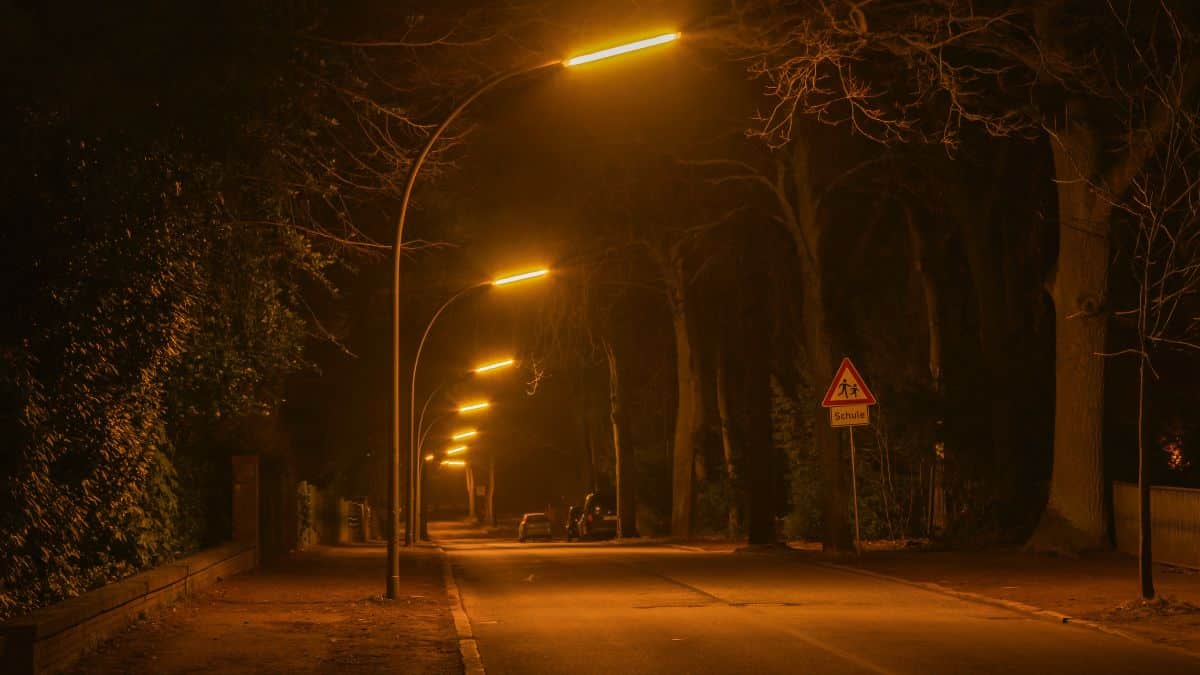Have you ever found yourself diligently working to solve a problem while actively avoiding the one thing you know will resolve it? This behavior is more common than you may think, and it’s due to something known as the streetlight effect.
The streetlight effect is a cognitive bias that can cause you to take an easier, if not necessarily more helpful, approach to solving a problem. It’s a sneaky form of procrastination that usually doesn’t feel like procrastination. It’s not always especially dangerous, but in the right circumstances it can leave you trapped, perpetually cycling on what begins to feel like an impossible situation.
The Story Behind the Streetlight Effect
The name of the streetlight effect comes from a joke that perfectly illustrates the issue:
While walking around town one night, a police officer encounters a man nervously pacing beneath a streetlight with his eyes intently focused on the ground. The officer asks the man if everything is alright, and he explains that he dropped his keys and is trying to find them.
The officer offers to help the man in his search, and he gratefully accepts. Together, the two continue to search for a while, pacing the area in circles, and still, they don’t find anything.
Frustrated, the officer asks, “are you sure this is where you dropped your keys?”
The man responds, “Oh! No, I dropped them over there in the park, but the light is much better here.”
Understanding The Streetlight Effect
The streetlight effect, also known as the drunkard’s search principle (owing to the same story), is one of those pesky ways your mind can mislead you.
When faced with a daunting obstacle, we generally seek the path of least resistance. Given two equivalent options, any rational person would prefer the one that brings less stress, exhaustion, difficulty, etc. There’s nothing inherently wrong with that; it’s always great to do more with less when you can.
The only issue here is that the path of least resistance doesn’t always complete the circuit. Sometimes it’s a dead end.
It seems patently silly for the man in the story to look for his keys in a place he’ll never find them simply because it’s easier to look there. But this same bias affects everyone from time to time, albeit usually in less obvious ways. Sometimes, we know where we should search for our metaphorical keys, but look somewhere else anyway, hoping against hope that the easier option will work out.
Are You Looking Where the Light Is?
The streetlight effect can lure you into a choice, action, or routine that feels productive but doesn’t help to address the underlying need. It’s very much like multitasking in that way: it’s procrastination that looks and feels like progress.
Have you ever found yourself in any of these situations, looking for your keys where the light is, rather than where they are?
- Prioritizing short, completable tasks at work over bigger, high-value ones
- Starting a new project when an old one becomes frustrating or difficult
- Using short-term pleasures to soothe deeper mental health needs
- Cleaning or doing other chores to avoid something more stressful
There’s nothing inherently wrong with any of these moments. This conversation is not some sweeping rebuke of procrastination as a moral failing. The point here is to notice when your mind leads you down an unhelpful path, keeping you working on something while remaining distracted from the real problem you’re trying to solve.
If you suspect you might be circling beneath the streetlight in vain, it can help to step back and question the situation a bit. For instance, try asking yourself, “if this goes perfectly, is it likely to address the problem?”
If the answer is yes, you’re on the right course. If not, you might be under the influence of the streetlight effect.
Shifting Focus to Where It Can Help
There’s no special magic to overcoming the streetlight effect. It’s something that everybody experiences occasionally, and there’s likely no way to remove it from your life entirely.
However, like most cognitive biases, understanding the streetlight effect can help you identify it in the moment. The more awareness you can build around this tendency, the more often you’ll be able to notice it happening and redirect yourself to where you need to be.
There’s no shame in getting a little lost now and then, or wandering a path that turns into a dead end. But if you don’t want to spend all night circling on a fruitless search, it’s a good idea to step back now and then to reassess.
With a bit of effort to build awareness around this quirk, you can keep it in check and practice keeping yourself on track for any direction you truly want to go.
Shining a Light on the Problem
Some of life’s best and most rewarding memories come from its most challenging struggles. The same is often true for our proudest accomplishments: stepping into new challenges is a gateway to many of life’s greatest gifts.
Along the way, the mind and body try to protect us from the most uncomfortable parts, but sometimes those attempts lead us in the wrong direction, endlessly circling beneath the streetlamp with no keys in sight.
It’s a healthy process, but it can also interfere with the things you need to get done. To keep it in check, all you need is to occasionally step back and check in with yourself about where you are and where you’re trying to go. With a bit of awareness, you’ll have a much easier time keeping your eyes on the prize.

